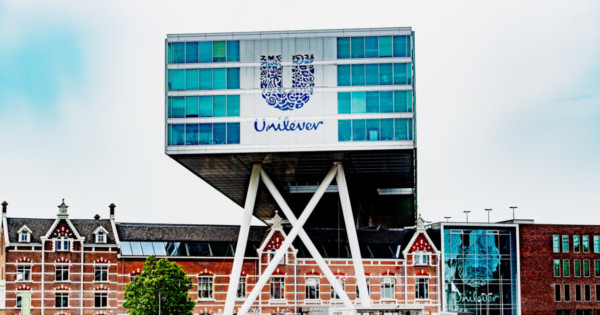
CPG giant Unilever will resume advertising on Facebook, Instagram and Twitter in the U.S. in January.
The Anglo-Dutch company, maker of Dove soap and Ben & Jerry’s ice cream, was one of the first to instate a ban on social media advertising this summer amid calls to boycott Facebook for mismanaging misinformation and hateful posts on its site. The pause on ad spend was initially set to run through the end of 2020.
“Continuing to advertise on these platforms at this time would not add value to people and society,” Unilever said at the time.
The manufacturer noted work with the social platforms has been positive, and that Facebook, Instagram and Twitter have pledged to use shared definitions of harmful content, report on the prevalence of this content, allow independent auditing and design tools that give advertisers and media agencies more control.
“We are encouraged by the commitments the platforms are making to build healthier environments for consumers, brands and society in alignment with the principles of the Global Alliance for Responsible Media,” Luis Di Como, evp of global media for Unilever, said in a statement. “This is why we plan to end our social media investment pause in the U.S. in January. We will continue to reassess our position as necessary.”
Although Facebook saw many of its most well-known customers leave its platforms for a short time this summer, it suffered most in its public image and with regulators on Capitol Hill who were already scrutinizing Facebook’s business.
“Are you so big that you don’t care how you’re impacted by a major boycott of 1,100 advertisers?” Rep. Pramila Jayapal asked Mark Zuckerberg in an antitrust hearing in July.
In an interview with Adweek, Anti-Defamation League CEO Jonathan Greenblatt, who led the “Stop Hate for Profit” campaign, said Facebook displayed “monopolistic indifference and a failure to respond to the demands of customers.” Facebook has since been sued by 48 states and the Federal Trade Commission, though that suit focuses on allegedly illegal acquisition of competitors such as Instagram and WhatsApp.
Facebook’s revenue, which is almost entirely from advertising, wasn’t dented, rising 22% year over year to $21.47 billion in the third quarter of the year, a period that included the July boycott. Debra Aho Williamson, principal analyst at eMarketer, remarked after the October earnings call that Facebook had “rebounded nicely” from early pandemic ad budget cuts and the July boycott.
Under pressure from competitors, advertisers and regulators, Facebook has made some changes to its platform since the boycott started: It released a long-delayed civil rights audit, made new commitments to combatting algorithmic bias, started labeling rule-breaking posts from world leaders, and cracked down on QAnon conspiracy theory content.
In October, Unilever reported third quarter sales grew 4.4% compared to the same time last year, driven in part by demand for hygiene products and condiments such as Hellmann’s mayonnaise as more people prepare meals at home during the pandemic.
https://www.adweek.com/brand-marketing/unilever-resumes-facebook-advertising-after-6-month-boycott/

